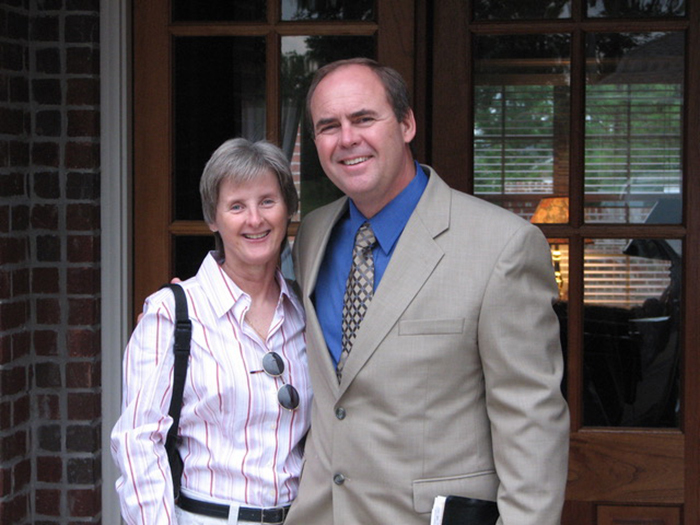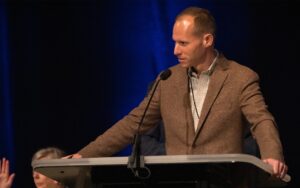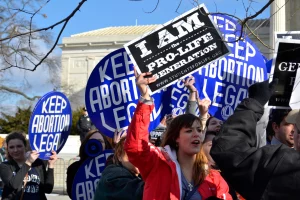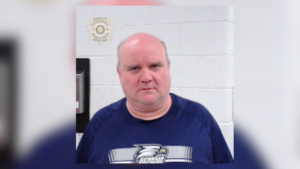
JOHNSON CITY, Tenn. (BP) – When Randy Hommel steps to the pulpit each Sunday at Clark Street Baptist Church, he faces the same pressures and stresses as most every pastor in the country – meeting the needs of a congregation still dealing with fears over COVID-19, as well as their own hurts and needs.
A pastor for 21 years, Hommel is better equipped today than ever before to deal with people facing illness and death. He has gone through it himself, and now he is watching his wife Brenda, who is in late-stage renal failure and desperately needs a kidney transplant.
A few years ago while serving as a pastor in Mississippi, Hommel had surgery for a brain tumor, and the outcome was in question. His doctor told him he “might want to get his affairs in order.” God, however, had other plans for the Hommels.
His experiences have made him more empathetic and better able to minister to those who are ill and their families. When he had surgery for his brain tumor, Brenda told him “it is easier if you are the one who is sick.” He understands that much better these days.
Hommel returned to Tennessee three years ago to serve as pastor of Clark Street, a small congregation in the midst of revitalization. It has turned out to be a blessing in ways they could not have imagined as they are near family and good medical facilities.
When Brenda was 6 years old, she had a severe kidney infection. It was then doctors learned she had been born with only one kidney. That illness took away about 40 percent of the kidney’s function, so she has lived most of her life (she will turn 65 next month) with one kidney functioning at 60 percent.
Hommel said Brenda has lived with that knowledge and taken care of herself, trying not to put undue strain on the kidney.
For nearly six decades, all was well until a recent visit to the doctor revealed the kidney function was decreasing at an alarming rate. “Her kidney finally wore out,” Hommel said.
Because of their proximity to Knoxville, they were referred to nearby University of Tennessee Transplant Center. She was accepted into the program in January.
Though she is on the national transplant list, the wait time can be from three to five years. The Hommels are hoping to find a live donor. Statistics indicate that a transplant from a live donor is often more successful than a transplant from a donor who has died.
“We would be praising God for either one, but a live donor would be ideal,” Randy Hommel said.
He and other family members have been tested but are not good matches for various reasons.
The ideal donor would have either A or O blood types (negative or positive does not matter), be under the age of 70 and not have major health issues of their own such as heart problems or diabetes.
Hommel noted his wife’s condition has worsened over the past few months, and if she does not receive a kidney soon, she will have to go on dialysis which “is tough on the body.”
The Hommels are praying they will find a live donor soon. Thanks to the UT Transplant Center, everything, from the testing and lab work to the actual surgery, is done at no cost to the donor.
As potential donors have been eliminated after testing, the couple acknowledged the disappointment they have felt, but they remain positive. “We know God has a kidney for her,” Hommel said.
Hommel said they are walking by Romans 8:28: “And we know that all things work together for good to them that love God, to them who are called according to His purpose.”
“’All things’ includes kidney disease,” he said.
Anyone interested in possibly being a kidney donor can contact Ashley Dennis at the UT Transplant Center at [email protected] or 865-305-5340. Hommel can be reached at 228-297-1706.
















